Editor’s Note: This month, that is August 2020, FII’s #MoodOfTheMonth is Campus Experiences, where we invite various articles to highlight the diverse range of encounters we often confront when we are a part of any educational institution or space for learning be it schools, universities, colleges, tuitions and home. If you’d like to share your article, email us at pragya@feminisminindia.com.
I have been an athlete for most parts of my life. I say most because for all of my school life, I played sports ignoring the real life manifestations of my gender, but as I moved out of it, I have not been able to be involved in sports in a competitive manner. These other times, I have only been a student who wants to play a game of basketball or badminton, or anything at all, but could find no avenue for participation. And that time has been three years of my life in Delhi University in an all-girls college.
While stereotypes are prevalent, there is a complete absence of an environment viable enough for anyone to be involved in sports just for the sake of it. I believe this culture prevails due to the idea that while some women are good at sports and are a part of various sports teams, the others are simply involved in activities that do not have to do anything with conventioanlly masculine concepts. While it may be true to an extent, it proves to be a vicious cycle of keeping women away from outside spaces of sports which then ensures that the same sports skills do not get a chance to develop in them at all.
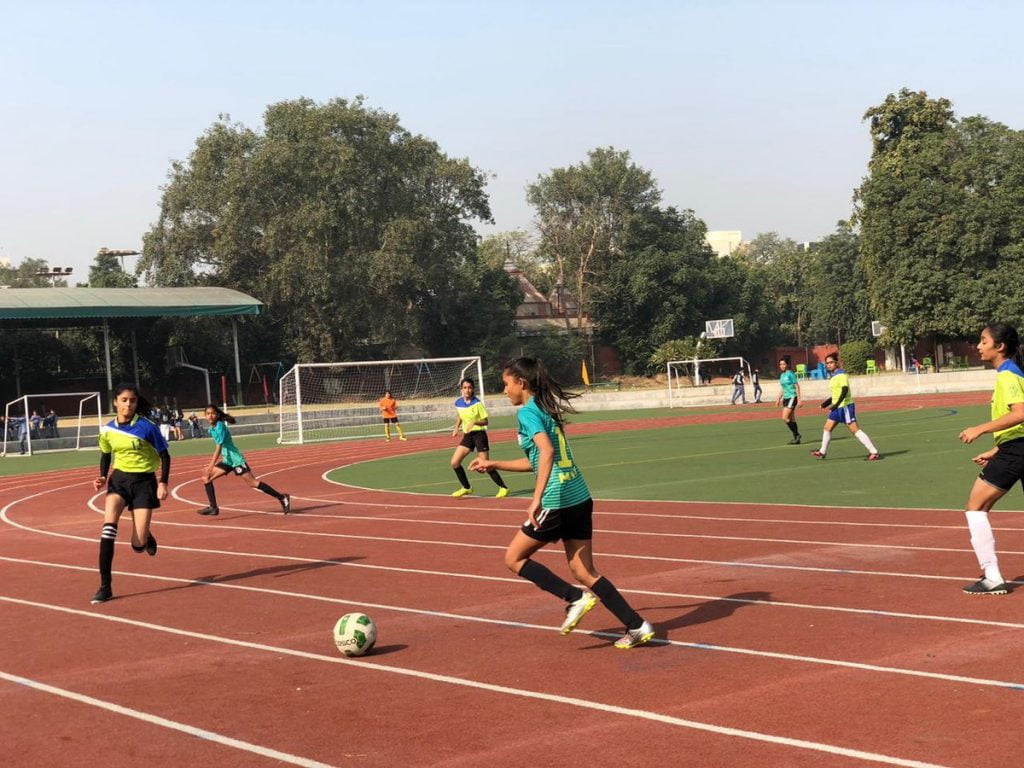
I started my post graduation in a co-ed college, and not surprisingly it had a vibrant culture of people—most of them men—gathering in public spaces to play one or another game. While I realised that this was a campus that had opportunities of involvement in sports, it took an entire semester for me to finally start joining people in courts and grounds. And while I was a confident athlete in my school days, asking others to join teams for the fun of it, four years later, I saw myself mirroring many of those hesitant fellows who happened to be short of confidence to play their best.
Ever since I moved out of school, I became increasingly conscious of my gender and the way it was regulated by anyone and everyone. I tried to fit in when none of my friends would be interested in sports, forgot the adrenaline rush right before a race would begin, and started a hunt for a different passion, something that would align with my gender.
Also read: Video: Women In Sports And The Fight for Equality
Ever since I moved out of school, I became increasingly conscious of my gender and the way it was regulated by anyone and everyone. I tried to fit in when none of my friends would be interested in sports, forgot the adrenaline rush right before a race would begin, and started a hunt for a different passion, something that would align with my gender.
So years later, I only felt out of place when I stood in a cricket ground waiting to be given the opportunity to play. I remember feeling very under-confident of my own capabilities. This was largely because, even after finding that space of sports, I remained to be the only woman on the ground. While most of the people on the ground were extremely accommodative and have become great friends over time, I could not help but feel underestimated—most of all, by myself. When I mustered the courage to ask one of the players for the cricket ball so that I could play too, it felt like the largest victory of the day.
People were pleasantly surprised to see a woman know how to bowl. And that was enough of a bar for me to be able to be seen as a sportsperson. Over time, I started enjoying the company of the other players and also found camaraderie with them. Some of them also engaged in dialogues with me over the tension between femininity and sports. I did feel like I had been able to carve a space for myself here. But somehow it never felt like I truly belonged.
Every time I stepped on the ground, a struggle of fitting in continued. Being the only woman who is as passionate about cricket as the other men on the field, I automatically felt a massive amount of responsibility on my shoulders. Being aware of the stereotypes that come with being a woman as well as a sportsperson, I do not play for fun anymore. It is always about proving the point that women can be competitive and skillful, especially in arenas that are hyper masculinised.
Every time I stepped on the ground, a struggle of fitting in continued. Being the only woman who is as passionate about cricket as the other men on the field, I automatically felt a massive amount of responsibility on my shoulders. Being aware of the stereotypes that come with being a woman as well as a sportsperson, I do not play for fun anymore. It is always about proving the point that women can be competitive and skillful, especially in arenas that are hyper masculinised. At the same time, the more regular I am for these cricket games, and fit in into these circles, the more out of place I begin to feel as a woman.
Also read: Female Bodies In Sports And The Body Policing They Are Often…
What I have learnt from these experiences, is that while individuals play an important role in making spaces inclusive, as long as the system does not transform, a metamorphosis is not possible. The solution for an inclusive sports culture is not merely the creation of different categories of teams for men, women, non-binary individuals, but a structural shift that ensures a constant encouragement and participation of all identities in the arena of sports.
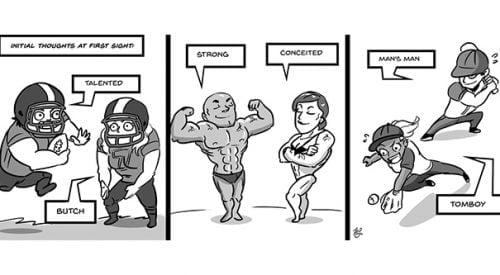
As long as gender minorities and women do not get the same opportunities to develop these skills, sweeping generalisations about their capabilities as sportspersons will only be results of internalised sexism.
Sadaf is currently pursuing M.A. in Women’s Studies from Tata Institute of Social Sciences, Mumbai, and is navigating life by finding spaces that feel like they belong. She’s passionate about sports and writing, and in bringing about change in oneself. You can find her on LinkedIn and Instagram.
Featured Image Source: Microsoft News
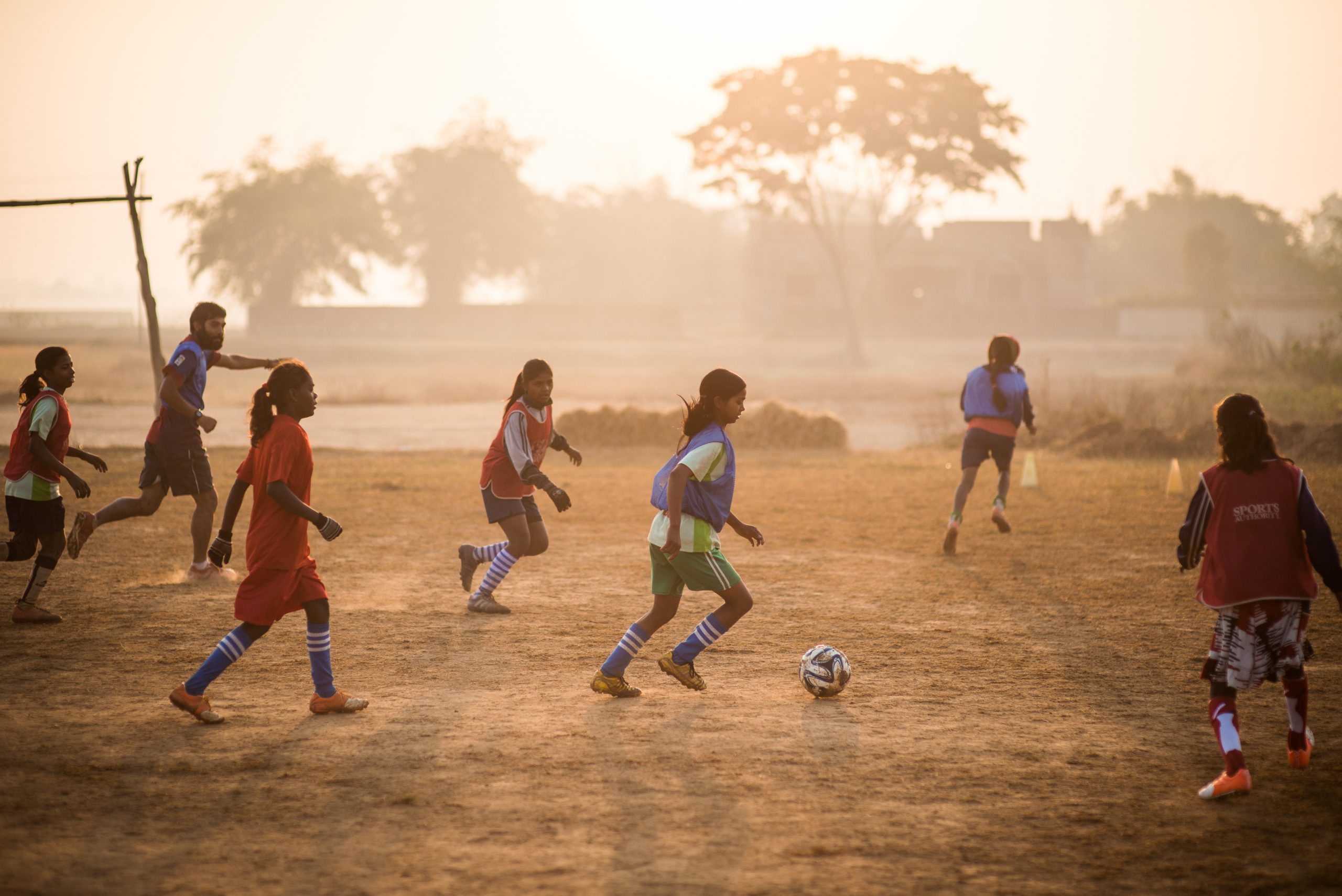
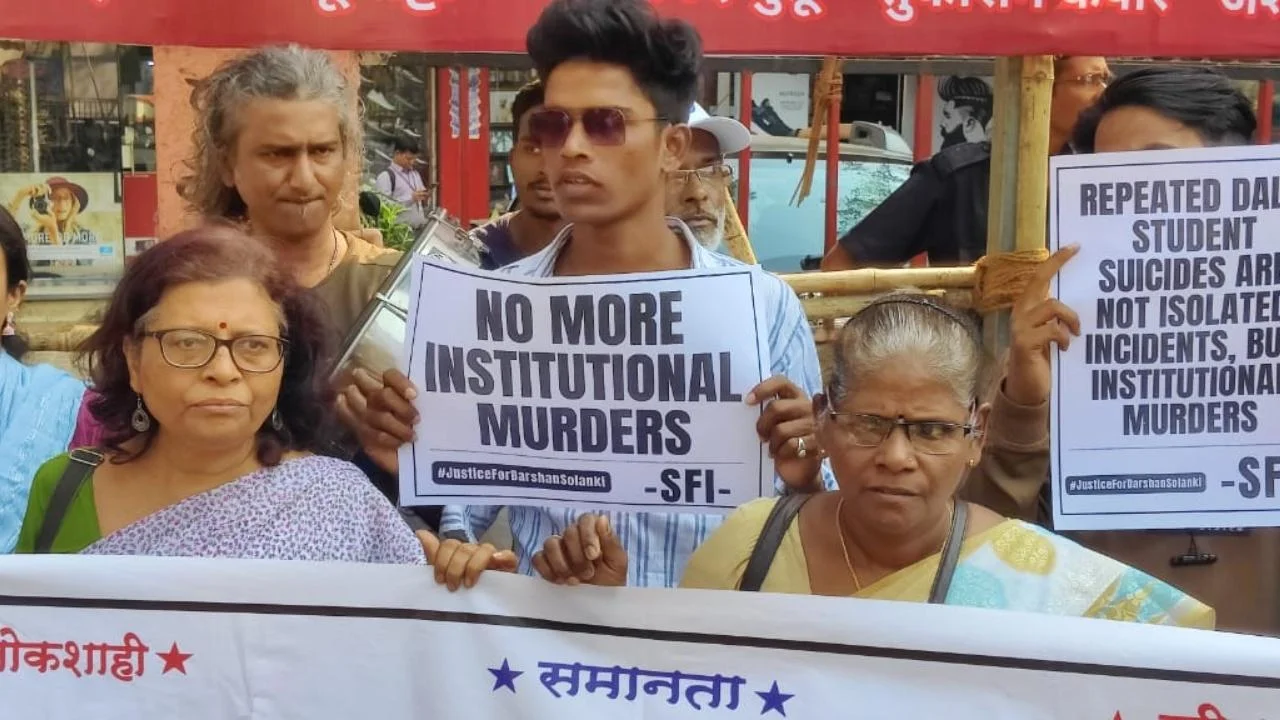

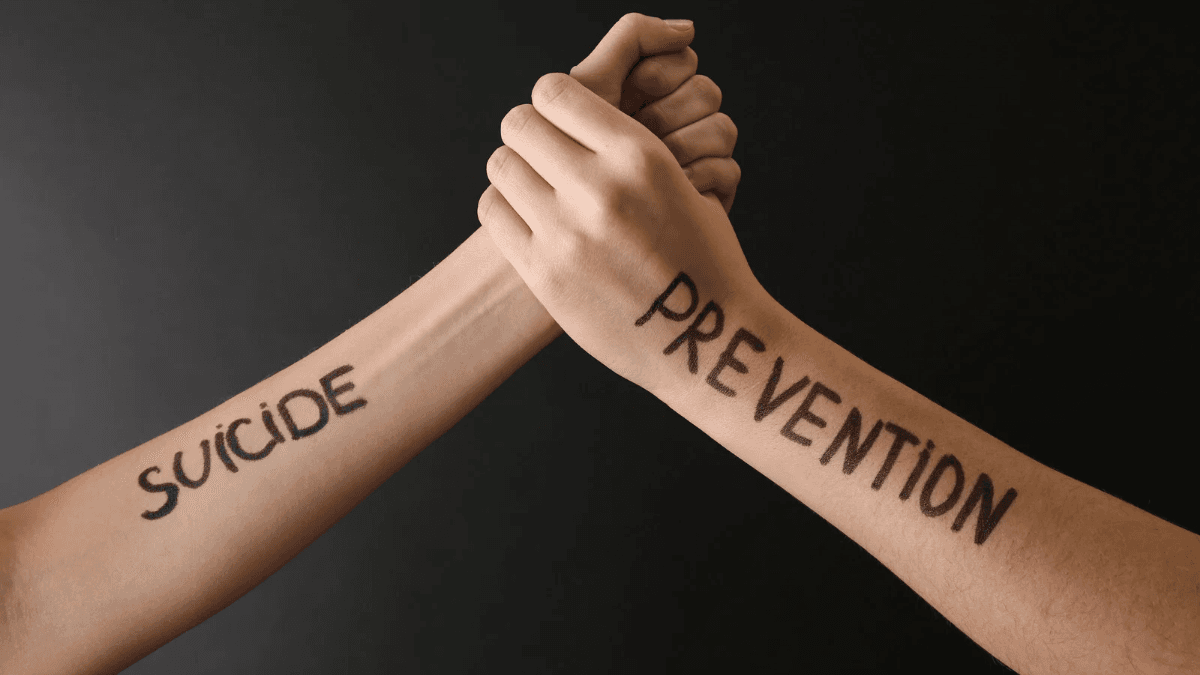

How important it is for us to recognize and celebrate our heroes and she-roes.Well in my vision men and women should be treated equally in social, economic and all other aspects of society, and to not be discriminated against on the basis of their gender.